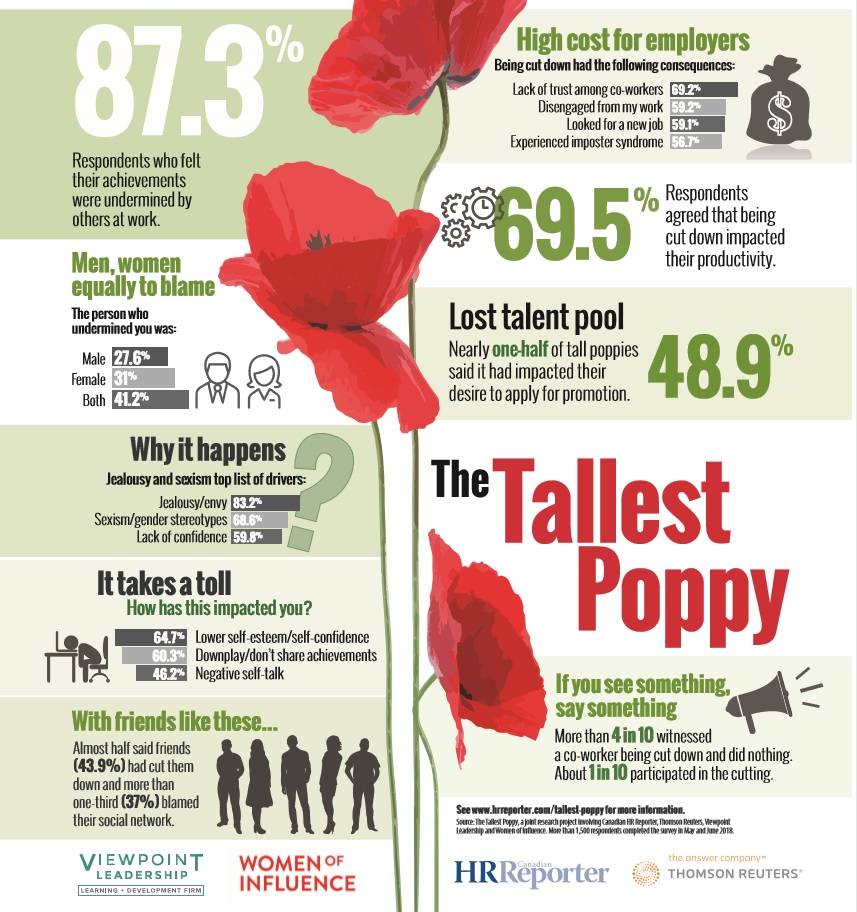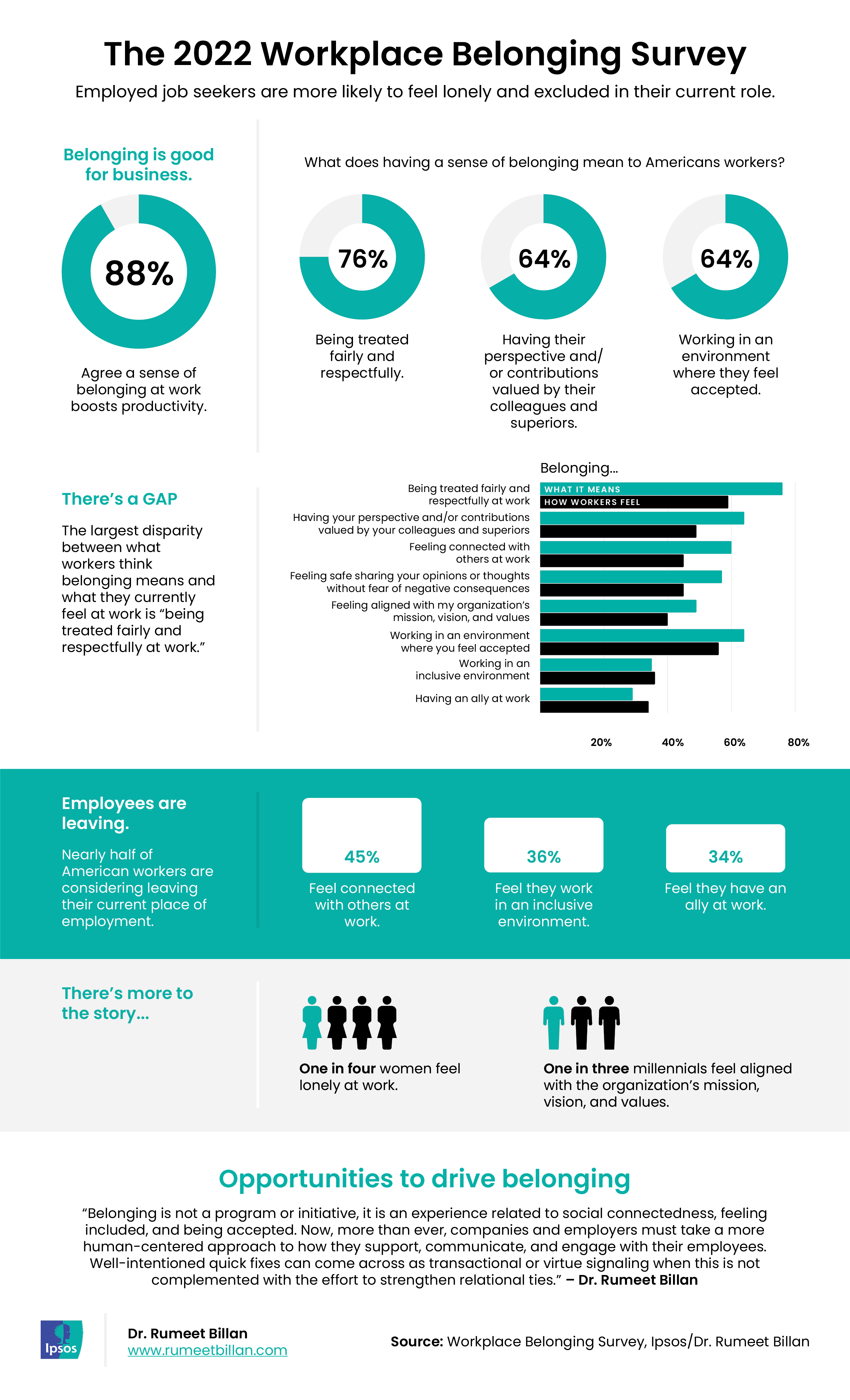Research
The Tallest Poppy Survey
Have you ever seen a successful woman attacked, resented, disliked or criticized because of her achievements? Have you been cut down for rising above at work? We want to hear from you.
We are leading this ground-breaking research project, and first international study of its kind, exploring the Tall Poppy Syndrome. The term refers to the negative treatment of people with high achievements or talent, simply because they have been rightfully more successful than others. In phase one, we need insight into your thoughts, opinions and experiences.
The more responses we get, the better we can understand and combat this destructive behaviour. The survey closes on February 10, 2023, and the results will be shared on March 1, 2023.
Thank you for taking a moment to provide your valued insights!
We lead groundbreaking research studies.
Our CEO has a passion for research and using data to tell stories with the aim of helping organizations create supportive ecosystems for their employees. To date, Dr. Billan has engaged in multiple research projects and in 2018, we partnered on The Tallest Poppy with Thomson Reuters. This year, we are leading the first international study of its kind focused on Tall Poppy Syndrome.
We also partner with organizations who are interested in research and design survey tools that aim to transform workplace culture. E-mail in**@wo**************.ca to learn more about our research and opportunities to work together.
The Tallest Poppy
Tall Poppy Syndrome, a term that was popularized in Australia, occurs when people are attacked, resented, disliked, criticized or cut down because of their achievements and/or success. The Tallest Poppy, a study led by Dr. Rumeet Billan, reveals the consequences of this silent systemic syndrome and the impact it has on women in the workplace. The study examines the impact of Tall Poppy Syndrome on the individual and the cost to organizations.


The 2022 Workplace Belonging Survey
Dr. Billan commissioned a study with Ipsos and conducted a survey on Workplace Belonging with employed Americans. The data found that nearly half of American workers are considering leaving their current place of employment, employed job seekers are more likely to feel lonely and excluded in their current roles, only one-third of employed Americans feel they work in an inclusive environment, one in four women feel lonely at work, and more. There were 2098 responses to the question, “I wish my peers and colleagues knew…, ” and the data reveals what employed Americans feel contributes to a sense of belonging at work and what they are experiencing right now.

